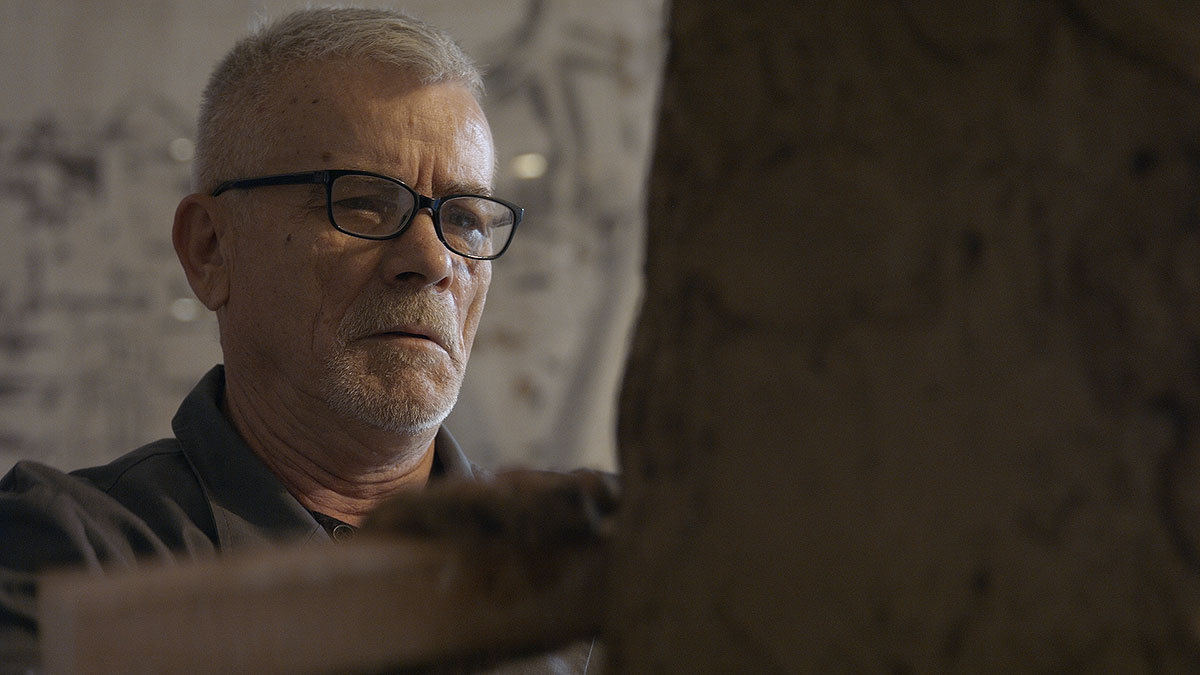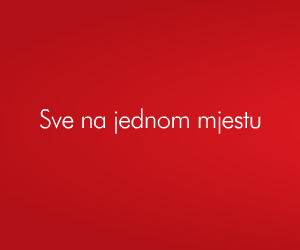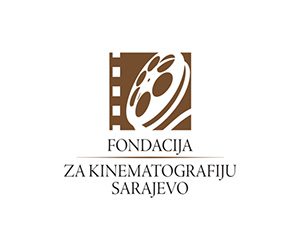
11/10/2023
Sculptor from Grab: I am always slightly surprised when I see how others see me
'I found interesting the idea that someone else, besides me, would be preoccupied with me", comments the academic sculptor Stjepan Skoko on the idea of making a documentary film about his artistic journey. This idea was brought to reality by Tomislav Topić, the director of the Mediterranean Film Festival, who directed the film 'Sculptor from Grab', which is having its premiere tonight at 8 p.m. in the Borak cinema theatre.
Have you seen the film and are you satisfied with the way it presents you?
I still haven’t watched the film, only segments. I am always slightly surprised when I see how others see me.
What was your reaction to the idea of making a film about you?
After several years of persuasion by the director and screenwriter Tomislav Topić, I agreed to make a documentary. I found interesting the idea that someone else, besides me, would be preoccupied with me.
Did you have any conditions that you put before the film crew before the actual shooting?
Nothing special. The most important thing for me was that the team from 'Kadar' production, together with me, experienced the process of working on the film as a creative challenge and an occasion for some new experiences and socialising. If the working process is creative and fulfilling then the result cannot be bad either.
Do you agree that most of the public will meet a new Stjepan Skoko with this film?
I don’t even know how well they knew the old one, but in any case they will meet some new segments of my work and personality. Documentary film is a good format for presenting someone’s character and work.
In the film, we are following you during the work on the monument 'Domagojeva lađa'. Which of your works are you most proud of?
The answer to this question is as if you are asking a mother which child is her favourite. Each child and each work is loved in a special way.
At one point in the film you say that creative people are a special story – they have to stop and record a certain story, a moment.
Creativity is a way of life. And life is the most creative process. Creative people live the life to the fullest, and recreational people have fun in the breaks between life and business obligations.
Much has been said about one of your latest projects 'Ten Croatian great figures and three friends'. Many gave themselves the right to comment on your bust of Dragan Čović?
In the phrase "many gave themselves the right", I do not see anything authoritative for evaluating any of my works, and neither of the bust of Dragan Čović. An indirect answer to your question could be given through Elma Ljubčić's critical review "Without professional criticism, there is no cultural or artistic scene in B&H", published on the Al Jazeera portal. The text is a kind of an interview with the artists and writers who live and work in Sarajevo. I consider what is said in that text to be authoritative for the cultural and artistic scene, and not what those ‘who gave themselves the right’ to judge my works think and say. Although, of course, I don't mind anyone having an opinion about things I do. I have always been more concerned with myself and what I do than with others and what they think of me.
What is your favourite award and how do you deal with the criticism?
My favourite award is consciously enjoying the creative act. A view from someone else’s perspective can be interesting and encouraging, especially if it is a constructive criticism or comes from the connoisseur and art lovers’ milieu.
You held the position of the dean of the Academy of Fine Arts in Široki Brijeg for a long time, in the nine years of your deanship the Academy experienced many changes and novelties. You opened the Gallery of the Academy of Fine Arts, started many workshops, and launched the Graphic Design Study, the Ars Sacra postgraduate study, after which the editing and directing study was also opened. How do you see the future of the Academy?
Excellent, if the emphasis is put on the students and teachers’ mobility and international competitiveness on the one hand, and responsible and professional work of the teaching staff with the students, on the other.
How would you rate today's art scene - what was it like to be an artist at the time you were studying and what is it like today?
The time of my studies was the happiest and most careless period of my life. At the time Zagreb was full of interesting places where you could stay with interesting people until the early morning hours. There was always something new happening and there was always some spontaneity and easiness in it. It is a different time today, and the people are also different. And art is always a child of its time.
You will represent Bosnia and Herzegovina at the 60th Venice Biennale of Contemporary Arts 2024 with the artwork 'Mjera mora'.
We’ll talk about it when the time comes. Come to the Biennale, you won't regret it. If you don't like the work, at least you will enjoy the beauty of Venice.
What is planned after Venice?
New cycles, new sculptures and a series of new life and creative experiences.


